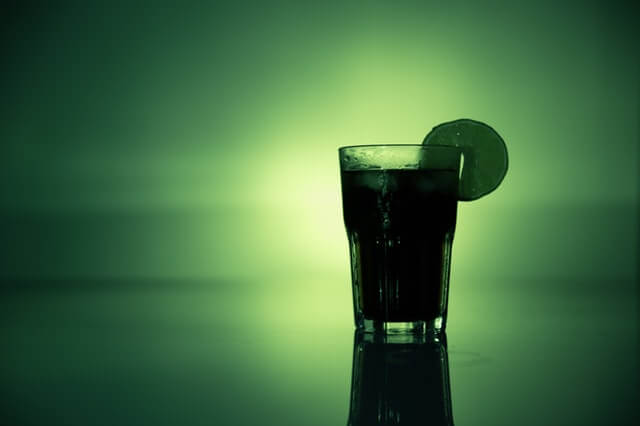It’s a common refrain among teenagers who want a taste of beer or wine – “Come on, just one sip. I’m almost an adult. And anyway, kids in Europe drink all the time!” Some parents are completely fine with it, believing that letting kids have a taste will take away the mystique, making it less likely they’ll go out and get drunk on their own. Maybe it will allow them to experiment safely, under adult supervision. And what about Europe? It’s true that drinking ages are lower there, and if anecdotal evidence is to be believed, kids always get to drink wine with dinner. So, is it actually a good idea to let your kids have a bit of alcohol at home? Probably not.
One problem with normalizing drinking is that teens won’t understand that it can be dangerous. If they see you doing it and allowing them to try, they’re likely to think it’s completely fine to drink at friends’ houses or parties. The problem there is that there’s no one to provide supervision and prevent them from binge drinking. There’s also the fact unscrupulous people could slip something into their drink.
According to a study published in March 2016 in the journal Pediatrics, allowing a child even small sips of alcohol can lead to them drinking heavily as teenagers, and even engaging in other risky behavior like drug use. Their research suggests that many parents are trying to inoculate their kids against future binge drinking because they believe they’re spending time with peers who drink or are likely to drink. Unfortunately, they might be causing the problem instead of heading it off at the pass.
Another study, this one from 2015 and published in the Journal of Studies on Alcohol and Drugs, followed a group of children from the beginning of sixth grade to the beginning of ninth grade to look at whether early access to alcohol was associated with patterns of early alcohol use. The researchers found that children who had tried alcohol before sixth grade — mostly beer and wine given by a parent — were more likely to have had full drinks or gotten drunk by the beginning of ninth grade. Even when controlling for risk factors like behavioral and emotional problems, parental drinking, and family history of alcoholism, the kids who’d had even a little alcohol at home were at risk for alcohol abuse later in life.
Unfortunately, trying to impart the message to drink responsibly to teenagers doesn’t seem to work. They don’t have the fully developed brains that adults do, and their reasoning and decision-making abilities aren’t well formed.
As for those kids in Europe, it turns out that teens in Europe actually binge drink at considerably higher rates than those in the U.S.
If you or a loved one need help with quitting drugs or alcohol, consider Asana Recovery. We offer medical detox, along with both residential and outpatient programs, and you’ll be supervised by a highly trained staff of medical professionals, counselors, and therapists. Call us any time at (949) 438-4504 to get started.



